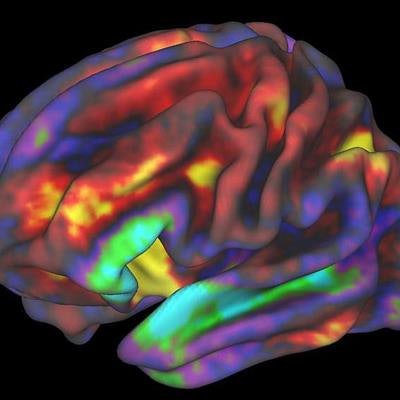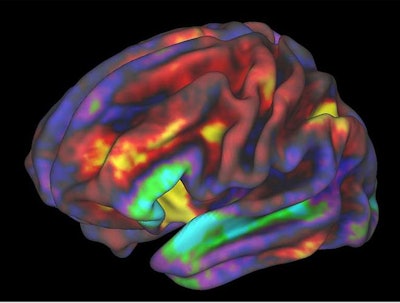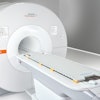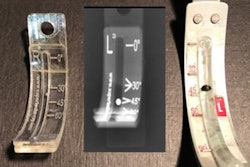
The U.S. National Institutes of Health (NIH) has finished enrollment for its Adolescent Brain Cognitive Development (ABCD) study, which will be the largest long-term U.S. study to track brain development in children.
The study, which began enrollment in September 2016, will follow 11,874 youth -- currently ages 9 and 10 -- through young adulthood. Conducted at 21 research sites in the U.S., the ABCD study will employ advanced neuroimaging to observe brain development throughout adolescence, while also tracking social, behavioral, physical, and environmental factors that may affect brain development and other health outcomes, according to the NIH. The participants include 2,100 young people who are twins or triplets.
The NIH noted that the research community can also analyze anonymized ABCD study data, which will be made available on a regular basis. This will enable researchers from ABCD and from outside the project to pursue their own research interests with the datasets, the NIH said.
 Functional MR brain image of preteen performing a working memory task. The regions in yellow and red are most active. Image courtesy of Richard Watts, PhD, University of Vermont, and Fair Neuroimaging Lab, Oregon Health and Science University.
Functional MR brain image of preteen performing a working memory task. The regions in yellow and red are most active. Image courtesy of Richard Watts, PhD, University of Vermont, and Fair Neuroimaging Lab, Oregon Health and Science University.In early 2019, scientists will have access to additional data from 4,500 children, with the full participant cohort available in early 2019. Scientists can utilize the Data Exploration and Analysis Portal (DEAP), a new tool that will allow users to analyze study data online without downloading it. DEAP, which will be available through the data repository, will also provide statistical models and tools that take advantage of the ABCD study design, the NIH said.
The ABCD study is coordinated by the National Institute on Drug Abuse and the National Institute on Alcohol Abuse and Alcoholism, with support from eight other NIH institutes and offices, as well as the Centers for Disease Control and Prevention and other federal partners, the NIH said.





















